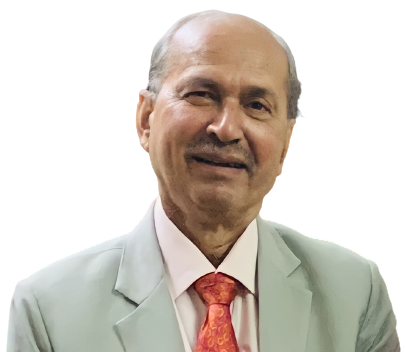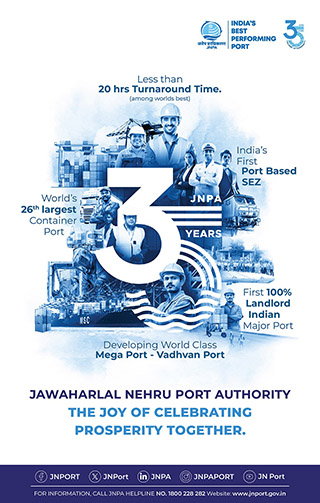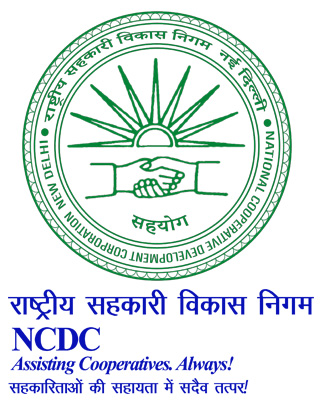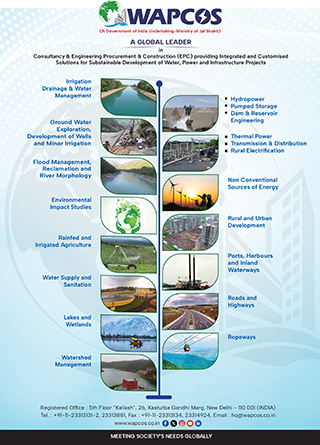whispers in the corridors

Have the police given up on the use of handcuffs?
Responding to certain petitions the honorable Supreme court in the years 1980, 1990 and 1995 passed orders restricting the use of handcuffs, holding them to be inhuman, severe and arbitrary. It was directed that the use of handcuffs should be an exception and can be replaced by putting a security ring of policemen around the accused. The severity of the offence should not be the basis for use of handcuffs which should be used only if there is a real and immediate danger of the accused wanting to escape. A thorough assessment should be made for this purpose which should be recorded in writing and presented in court along with documentary evidence. If it is found that the police have used handcuffs without valid reasons and not conforming with the guidelines by the Court, then it will be considered a violation of human right.
As a result of these extensive and strict orders, the civil police all over the country seem to be playing on the safe side and have almost stopped using handcuffs. Though significantly, handcuffs have not been abolished officially and are available in the police stations and lines. The title of the article in TOI of 27th November 2024, “Khaki under threat: In two years 33 cops lost their lives on duty” highlights the serious risk of being run by policemen while apprehending criminals, especially at night. Policemen in the democracies of western Europe and SE Asia have a pair of handcuffs hanging from their belts, which are used to subdue a law breaker immediately on arrest, so that the threat of assault is minimized. In these countries, the public views the use of handcuffs as a signal that the detained person is no longer free to do as he pleases and not as a degradation of his dignity. Perhaps the heavier wrought iron handcuffs available with the Indian police are not a welcome sight and they could be replaced with modern light weight aluminium alloy handcuffs.
Further, persons accused of rape, murder and even terrorists are being transported and produced in courts in India mostly without handcuffs. The sight of rapists, murderers or terrorists being escorted without handcuffs does not evoke the fear of the law in other wrong doers and is not very reassuring to the law abiding citizen. Forming the security ring around the accused also ties up precious manpower, which otherwise could be used for policing on the ground. Police hold the criminal’s hand and escort him. A compromise with the honorable Court’s orders could be that one end of the handcuff is put on one hand of the accused and the other end is held by a policeman. There are extensive guide lines in Police Regulations of most states and these could be amended accordingly.
More than a quarter century has passed since these orders were passed by the honorable Supreme Court and in the meanwhile increasing population and urbanisation, misuse of social media, newer and deadlier methods of committing crime and an unstable international situation conducive to terrorism have vitiated the law and order situation manifold, as witnessed in brutal murders, rapes where even minors and elderly ladies are not spared, serious accidents caused by drunken driving or over speeding by habitual offenders driving luxury cars etc. call for a stricter response by the police. Easing the norms on the use of handcuffs by the honorable Supreme court could be one way of enabling the civil police to enforce law and order more effectively. The honorable Union Home Ministry and the state Home departments on the request of PHQs could petition the honorable Supreme Court in this respect urgently.
A R Pawar, Ex-DGP, Madhya Pradesh




























